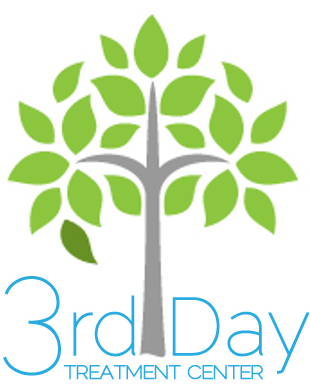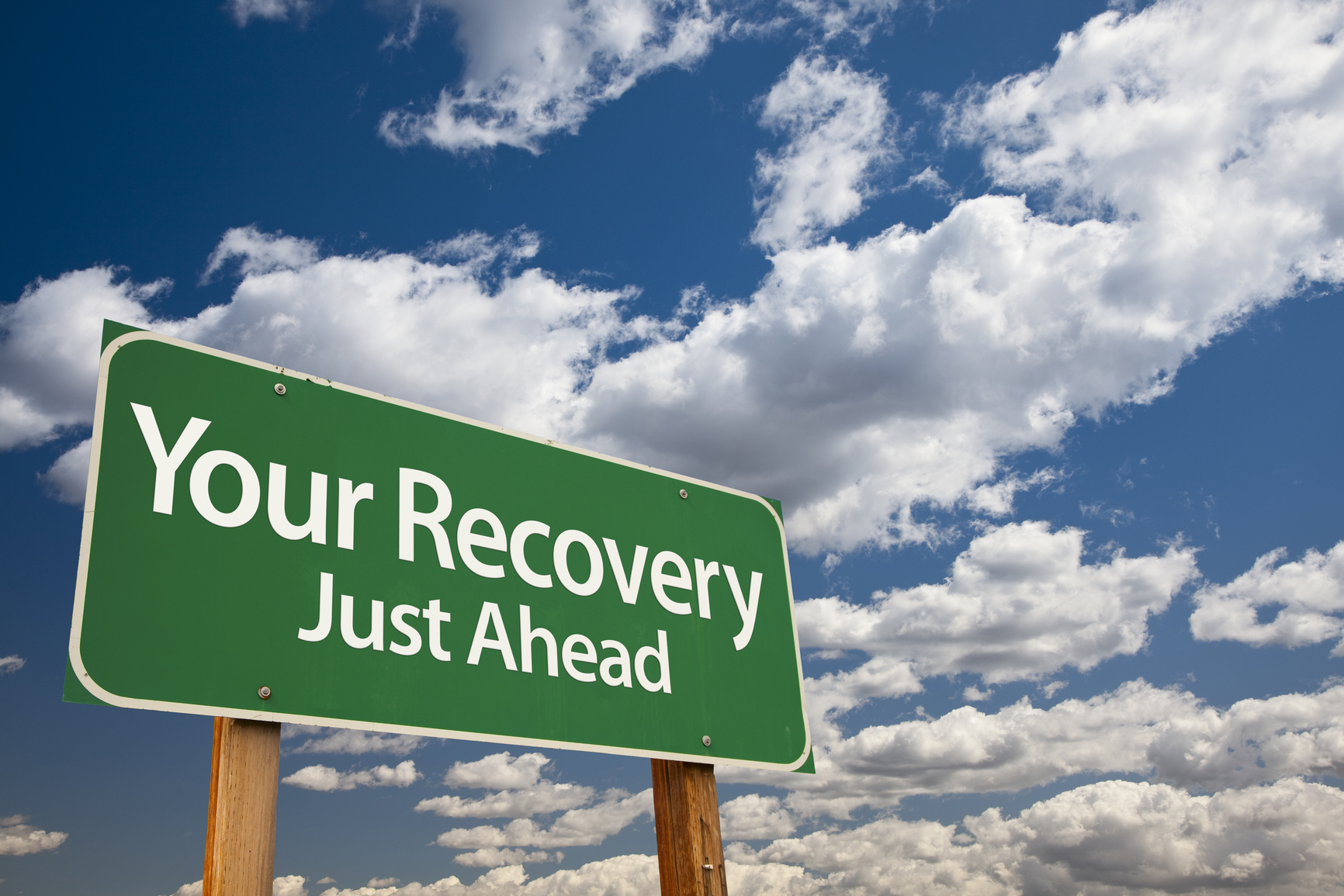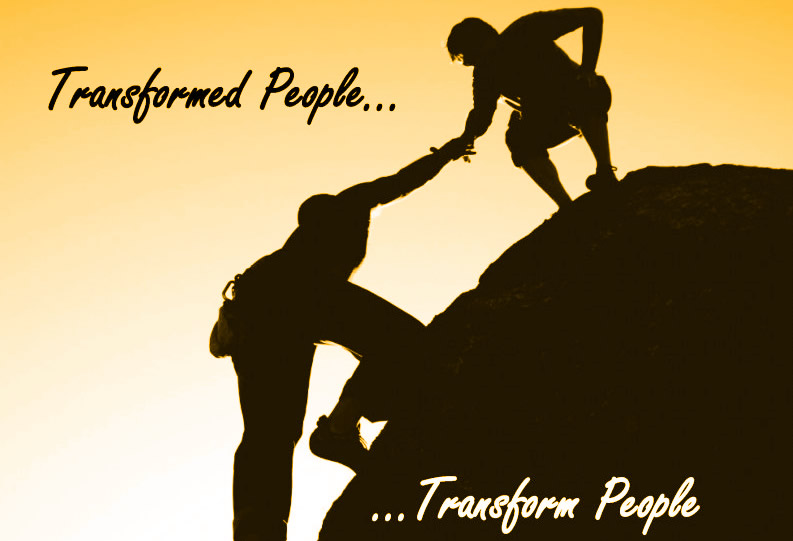Please call us at (979) 703-8292
HELP IS A PHONE CALL AWAY.
3rd Day Treatment
Welcome to 3rd Day Treatment Center. Our staff is here to help you and your loved ones achieve a healthy, happy life. We understand the painful impact that addiction can have on individuals and families. Addiction and substance abuse is a complex and often overwhelming crisis in the lives of good people. Our team is here to help guide you with the treatment and tools to bring stability, peace, and health.
We believe every individual deserves support, care and the very best tools for addressing challenges related to substance abuse and addiction. We believe in the inherent value and worth of each person that may need help in recovering life, health, joy, meaning and relationships. We believe in the value of excellent treatment and solid, lasting recovery. Our goal is to provide individuals and their families education, new tools, and vital support throughout the treatment process.
We offer out-patient treatment services for adults ages 18 and older. 3rd Day’s weekly/biweekly individual counseling sessions, and ongoing after-care support for individuals and families. Each client is provided a comprehensive and individualized assessment and treatment plan, designed to meet their unique needs. This philosophy applies to all programs and services that we provide.
The best treatment you can receive in Bryan, Texas.
Our Counseling Services addresses:
The disease concept of addiction
Developing healthy coping skills
The 12 steps
Spirituality and recovery
Mental health (depression, anxiety, etc…)
Interpersonal skills
Relapse prevention
Relationship and family healing
Communication and problem-solving skills
Vocation support
Healthy Boundaries
Self-care strategies
Robust recovery planning
3rd Day Treatment Center is here for you.
Please call us at (979) 703-8292
HELP IS A PHONE CALL AWAY.
Assessments/Outpatient Counseling
Outpatient counseling is designed to address individuals who are at the early stages of a substance use disorder according to the DSM-5, but don't need IOP or residential care. The program provides counseling and monitoring 1-2 times weekly. Participants attend 1 hour a weekly/biweekly individual counseling session, and a family session as identified on the treatment plan. Program services include: Intake, Assessment, Relapse Prevention, Life Skills Training, Treatment Planning, Treatment Plan Reviews, Referrals, and discharge planning to continue their success in recovery.
Balance
Life is experienced in six primary areas: Emotional; Mental; Physical; Social; Spiritual; and Vocational. It is our belief that to find joy in life, one must find balance in life. To find balance, one must grow in these six areas. Each individual is uniquely different, in their strengths, character, personality, and limitations. It is our goal to assist each of our clients in identifying and attaining healthy boundaries, coping tools, and sources of meaning and joy.
What is Drug Addiction
Drug addiction is a complex illness characterized by compulsive and often uncontrollable drug or alcohol use. It often leads to destructive patterns and significant problems in fulfilling major life functioning and obligations such as work, school, or home. This includes alcohol.
Why Do People Use Substances
People use substances for many different reasons. To relax, have fun, cope or reduce stress, or manage life’s day to day struggles.
According to the DSM 5 (Diagnostic and Statistical Manual of Mental Disorders - used by the American Psychiatric Association), a Substance Use Disorder is characterized by a problematic use of an intoxicating substance leading to clinically significant impairment or distress, as manifested by at least two or more of the following, occurring within a 12 month period:
The substance is often taken in larger amounts or over a longer period than was intended.
There is a persistent desire or unsuccessful effort to cut down or control use of the substance.
A great deal of time is spent in activities necessary to obtain the substance, use the substance, or recover from its effects.
Craving, or a strong desire or urge to use the substance.
Recurrent use of the substance resulting in a failure to fulfill major role obligations at work, school, or home.
Continued use of the substance despite having persistent or recurrent social or interpersonal problems caused or exacerbated by the effects of its use.
Important social, occupational, or recreational activities are given up or reduced because of use of the substance.
Recurrent use of the substance in situations in which it is physically hazardous.
Use of the substance is continued despite knowledge of having a persistent or recurrent physical or psychological problem that is likely to have been caused or exacerbated by the substance.
Tolerance, as defined by either of the following:
A need for markedly increased amounts of the substance to achieve intoxication or desired effect.
A markedly diminished effect with continued use of the same amount of the substance.
Withdrawal, as manifested by either of the following:
The characteristic withdrawal syndrome for that substance (as specified in the DSM- 5 for each substance).
The substance (or a closely related substance) is taken to relieve or avoid withdrawal symptoms. Please Note: Current national surveys of drug use have not yet been modified to reflect the new DSM-5 criteria of substance use disorders and therefore still report substance abuse and dependence separately.




